A reading list of Asian American poetry collections published in 2018
I f you had asked me three years ago to recommend Asian American poets, I would have not been able to name you one — a shameful secret I’ve kept to myself until this very moment. My journey as a lover of literature began early. Throughout my childhood, I was romanced by the worlds writers could create using just words. This love followed me through adolescence and ultimately determined my course of study in college. With dreams of becoming a writer, I pursued English Literature. For years, I searched for myself in the literature I read, seeking reassurance that a Filipino American voice — my voice — had a place in the artform I love. It was a reassurance I failed to find. Although I loved my courses on Austin, Poe, Melville (just to name a few), I would still browse book covers for names that resembled mine, yearning for mentors whose histories, traditions, and traumas mirrored my own. Soon, I became resigned to the reality that my story was not one that belonged in the hands of readers.
This changed after graduating college. In summer of 2017, I interned for Kundiman, a literary organization dedicated to writers and readers of Asian American literature. For six months, I communicated with Asian American writers all over the U.S., sharing news about forthcoming books, poetry readings, and accolades. I discovered that not only did a community of Asian American writers exist, it was thriving. For the first time, seeing my names like mine on the covers of poetry collections and novels, under article headings and short story titles was no longer a fantasy. When my time with Kundiman ended, I left with a renewed respect for prose, a rekindled desire for poetry, an extensively larger To Be Read pile for 2018 and, most importantly, a list of writers whose stories showed me that mine has a place. As I prepare myself — and my bookshelf — for a new year of Asian American-helmed literature, it is only fitting that I pay homage to ten poetry collections published in 2018.
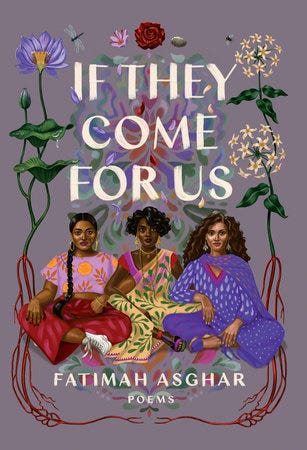
If They Come for Us by Fatimah Asghar
In her debut collection, Fatimah Asghar contemplates the concept of home and what that means as a queer Pakistani woman living in contemporary America. Tackling such subjects as sexuality, gender identity, family, religion and intergenerational trauma, If They Come for Us is a searing search for self.
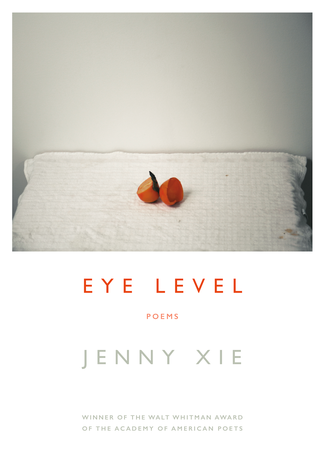
Eye Level by Jenny Xie
In this stunning debut collection, Jenny Xie is a restless traveler, trekking through cities in the U.S., Asia, and Europe. She is also a philosopher, meditating upon the reasons why people might leave a place. Xie explores the ever-elusive concept of home, addressing such topics as immigration, recreational travel, and necessary escape as she moves from one country to another.
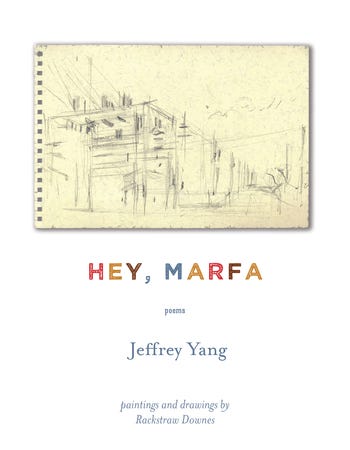
Hey, Marfa by Jeffery Yang
Part-love-song-part-historical-exposé, Jeffery Yang’s Hey, Marfa is a multi-faceted portrait of Marfa, Texas. Coupled with artwork by realist painter Rackstraw Downes, Yang’s third collection celebrates Marfa’s current status as a cultural hub for artists and immigrant communities while simultaneously acknowledging a history weighed down by “the ghosts of the indigenous”. A blend of both traditional and experimental forms, Hey, Marfa gives voices of the past space in the present.
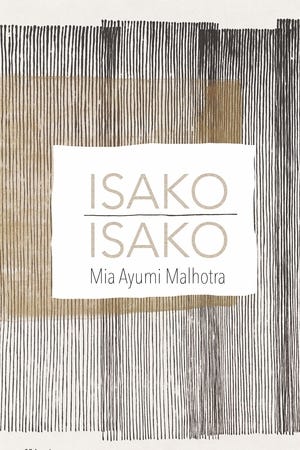
Isako Isako by Mia Ayumi Malhotra
Mia Ayumi Malhorta’s debut collection examines the acts of violence committed against Japanese Americans post-World War II. Following four generations of women from a single family, Isako Isako explores mass interment, displacement and racism, revealing how such traumas are passed from one generation to the next.
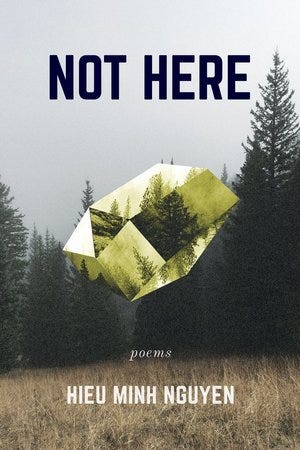
Not Here by Hieu Minh Nguyen
Not Here reverberates with a painful nostalgia, recalling memories of the sexual abuse, homophobia, and racism Nugyen faced growing up queer and Vietnamese American. Nyguyen’s sophomore collection is a study in shame and how easily one can find comfort in such a detrimental feeling.
Throw Off Your Saints and Come Ride With Me
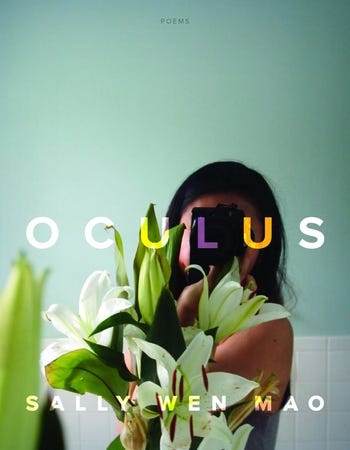
Oculus by Sally Wen Mao
Sally Wen Mao’s Oculus is a cautionary tale. The ghoulish figure at helm of her collection? Technology. In her second book of poetry, Wen Mao manifests images of robots, electronic waste, Instagram-uploaded suicides, casting a suspicious glance on the perpetually-growing nature of technology.
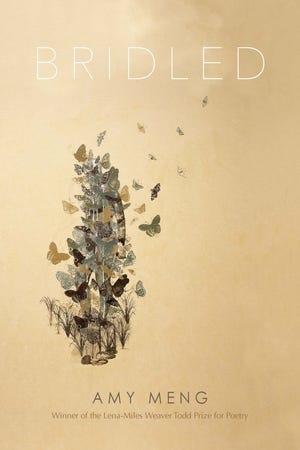
Bridled by Amy Meng
Where the previously listed collections address the necessary process of confronting your traumas, Bridled shows readers what lies on the other side of that work. In her collection, Meng reflects on a failed love with the newfound clarity of one who has experienced, conquered, and grown from heartbreak.
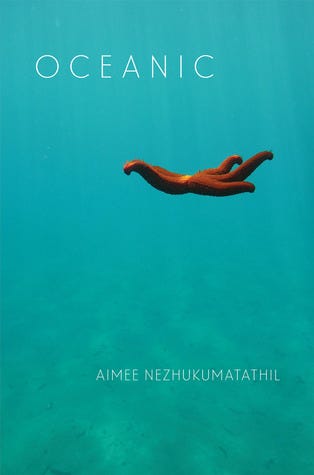
Oceanic by Aimee Nezhukumatathil
Her fourth collection, Oceanic is Nezhukumatathil’s ode to the natural world. A flurry of dazzling imagery and thought-provoking metaphors, Nezhukumatathil captures the complexity of nature, inviting readers to find peace in the bewilderment it provides.
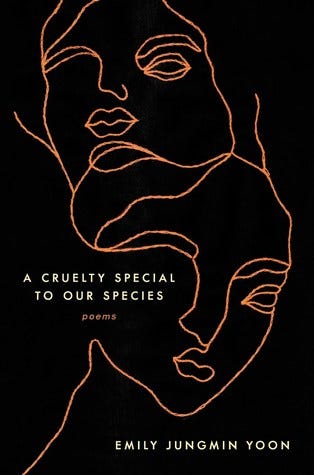
A Cruelty Special to Our Species by Emily Jungmin Yoon
A Cruelty Special to Our Species recounts the stories of “comfort women,” those forced into prostitution for the Japanese Imperial Army during World War II. Fearless in its content, Yoon’s poems evokes images of rape, torture, and death to animate both the victims of this often overlooked atrocity and the resilience that defined their survival.
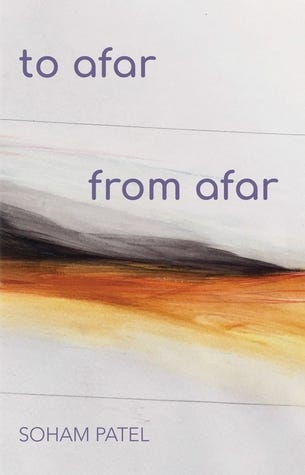
to afar from afar by Soham Patel
to afar from afar is a haunting collection that addresses the displacement caused by war and globalization. Non-traditional in its format, Patel’s poetry weaves together a medley of literary techniques and visual elements to create an immersive exploration of distance and nostalgia.

10 Books of Poetry that Highlight the Diversity of Asian America was originally published in Electric Literature on Medium, where people are continuing the conversation by highlighting and responding to this story.
Source : 10 Books of Poetry that Highlight the Diversity of Asian America









